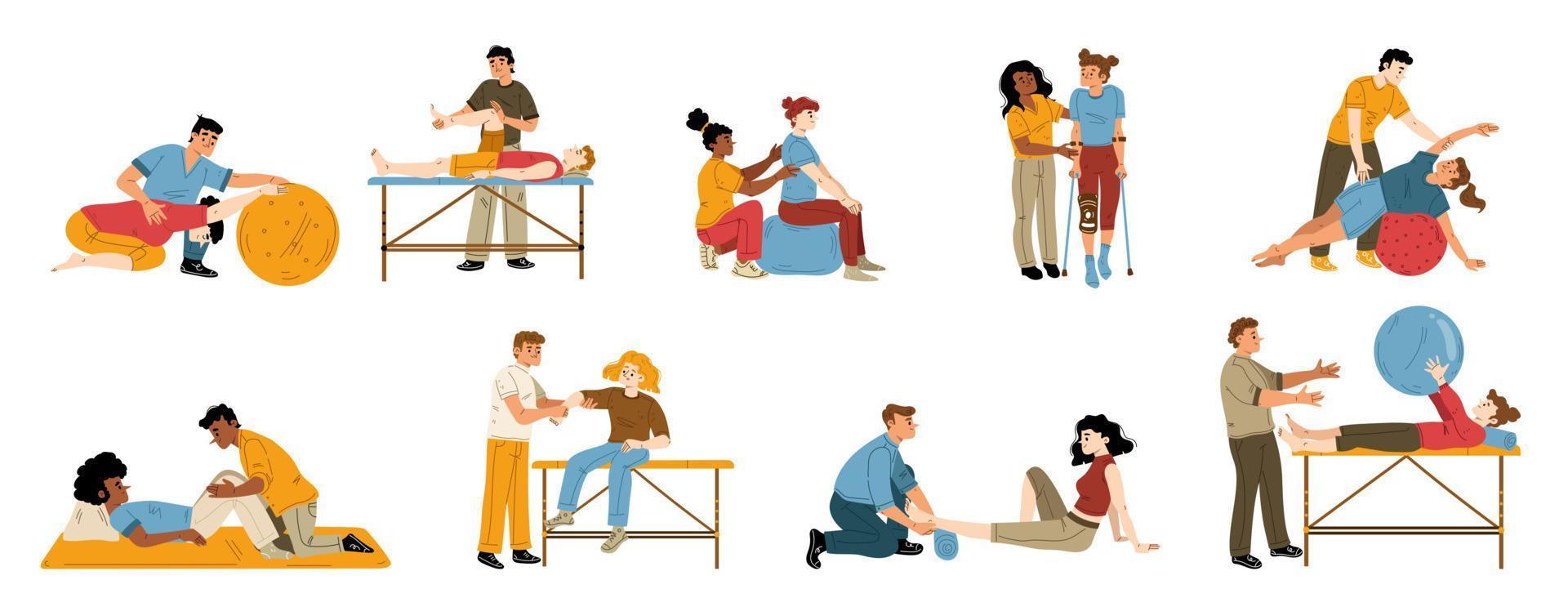Enhancing Rehabilitation Results Through Effective Practical Movement Assessment Protocols
Enhancing Rehabilitation Results Through Effective Practical Movement Assessment Protocols
Blog Article
Operational Mobility Assessment (FMS) is a beneficial tool used to evaluate an individual's mobility mechanics. This screening aids identify any deficiencies or imbalances in the body, which can result to injuries if not corrected. In recovery contexts, FMS can serve a crucial role in improving recovery results. By comprehending how each person navigates, healthcare professionals can develop targeted rehabilitation programs that concentrate on improving power, mobility, and general function.
One of the main benefits of using FMS in recovery is its ability to identify specific aspects that need improvement. For instance, if a patient has difficulty with squatting or lunge movements, it may indicate a deficiency of mobility in their hip joints or ankles. This data allows therapists to formulate personalized fitness programs that emphasize correcting these shortcomings. As a result, patients are more likely to recover their strength and functionality, which is crucial for resuming to daily tasks or sports.
Incorporating effective FMS protocols can also assist prevent future injuries. Many damages occur due to inefficient movement mechanics or overuse of certain muscle groups. By evaluating patients before they start a recovery plan, therapists can identify hazards and implement strategies to minimize them. Educating patients about proper mobility mechanics and strengthening underdeveloped aspects can lead to long-term benefits, promoting that they stay engaged and healthy.
Additionally, the use of FMS can enhance dialogue between healthcare providers and clients. When clients witness their movement mechanics assessed and clarified, they gain a clearer understanding of their recovery process. This transparency fosters confidence and encourages patients to take an active part in their recovery. By involving patients in their rehabilitation journey, they are more likely to adhere to recommended activities and lifestyle changes that support better outcomes.
In summary, enhancing recovery results click resources through effective operational mobility screening procedures is crucial for both patients and healthcare professionals. By precisely assessing mobility patterns, clinicians can create tailored recovery programs that meet specific go to the website needs. This not only facilitates in recovery but also helps avoid future injuries. As patients become more involved in their recovery journey, they are likely to achieve their goals and sustain a healthy, engaged lifestyle.